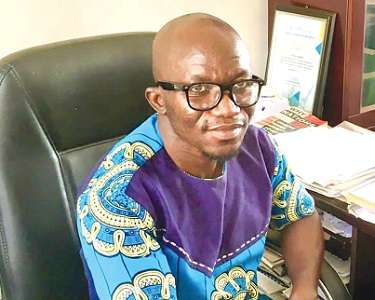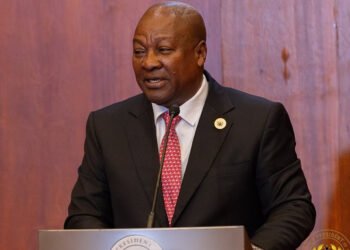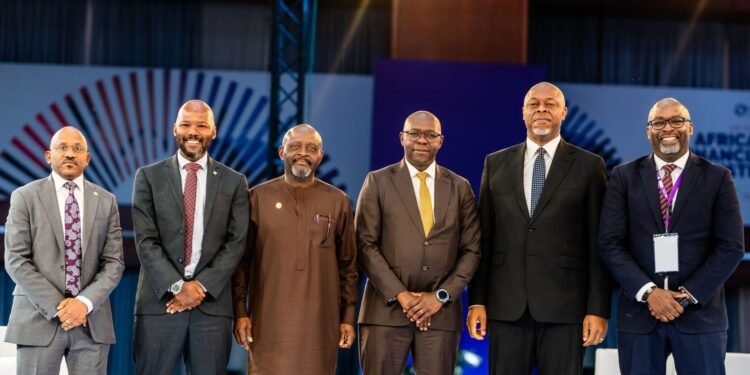By-elections are an essential part of Ghana’s democratic process and should not be abandoned in the name of sympathy or cost concerns, according to Dr. George Asekere, a political scientist.
He argued that when a parliamentary seat becomes vacant, the constitutionally prescribed approach is to hold a by-election to ensure representation. In his view, “by-elections are not just a procedural formality but a pillar of competitive politics.”
Speaking to the Vaultz News, Dr. Asekere stressed that shifting from this process to what he termed a sympathy-driven approach — where a political party automatically retains a seat without contest following the loss of a member — undermines democratic principles.
“The fullness of democracy is about competition, electoral competition. And we practice a multi-party system, a pluralistic society. So political parties must be allowed, and in fact, they must use their own ways to sponsor candidates to go in and contest the by-elections, as has been the practice over the years.”
Dr. George Asekere
While some have argued that by-elections create unnecessary financial strain, Dr. Asekere countered that democracy inherently comes with costs. Using a familiar saying, he noted, “If voting in a democracy is expensive, you should try ignorance.”
“Everything about running a country is costly, but remember that political parties — not the state — bear the primary responsibility for sponsoring candidates. The government and the political parties are separate entities.”
Dr. George Asekere
Accordingly, Dr. Asekere emphasized the importance of strengthening laws on political party financing to prevent the misuse of state resources for partisan purposes.
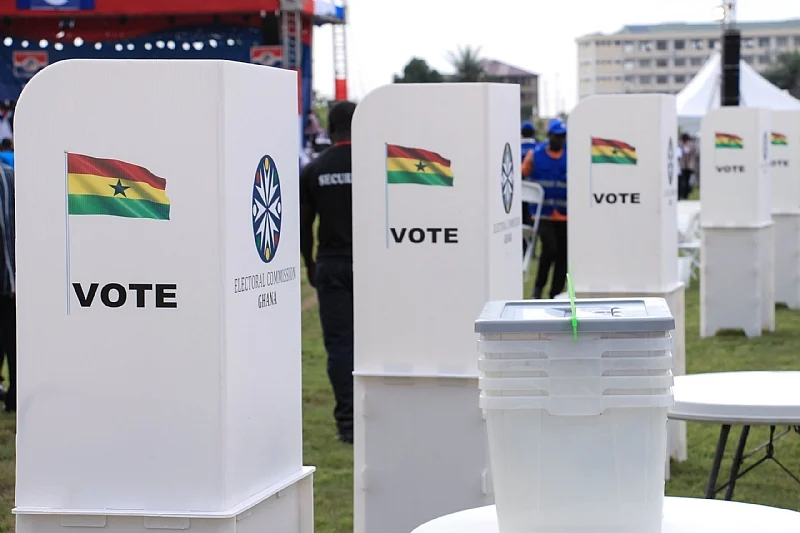
He noted that the Electoral Commission already operates with an annual budget that accounts for the possibility of multiple by-elections, meaning such polls should not be considered an additional burden.
Expanding on political theory, he explained that democracy develops in stages — from democratization to democracy and then consolidation.
In Ghana, he said, this process is still underway, and political actors have a responsibility to educate their supporters that elections, including by-elections, remain the legitimate means of attaining power.
He also highlighted that internal party mechanisms, such as acclamations or primaries, are themselves part of democratic practice.
Electoral Competition at the Core of By-Elections
Dr. George Asekere further explained that Ghana’s democratic framework is designed to accommodate both political parties and independent candidates, emphasizing that active participation and continuous political education are essential for the system’s integrity and effectiveness.
He rejected the notion that democracy can be reduced solely to voting, stressing instead that meaningful participation, broad public engagement, and strong institutional involvement are fundamental prerequisites for credible, transparent, and representative elections within the country’s democratic process.

International comparisons, such as South Africa’s proportional representation system, show that different electoral models exist, but Ghana’s current system is rooted in direct voting for Members of Parliament.
“If the country chooses to change this, it would require constitutional reforms. Until then, by-elections remain the recognized method for filling vacancies.”
Dr. George Asekere
Dr. Asekere also addressed the philosophical debate about democracy’s place among systems of governance. “Democracy may not be perfect,” he admitted, “but no better alternative currently exists, and for Ghana, it remains the most suitable option.”
Right to Participate, Or Not
Addressing speculation about how a party’s decision not to field a candidate in a by-election might influence public trust, Dr. Asekere noted that such a move is still consistent with the freedoms guaranteed in a democracy.
He explained that as long as there is no compulsion or coercive force preventing action, the decision remains fully consistent with the principles of democracy. “Decisions to step aside are internal party matters and should be made collectively, not by individuals.”
However, he emphasized that public trust in political processes ultimately hinges on accountability and responsiveness.
If party supporters are dissatisfied with a leadership decision, they retain the power to elect new executives during future internal elections.
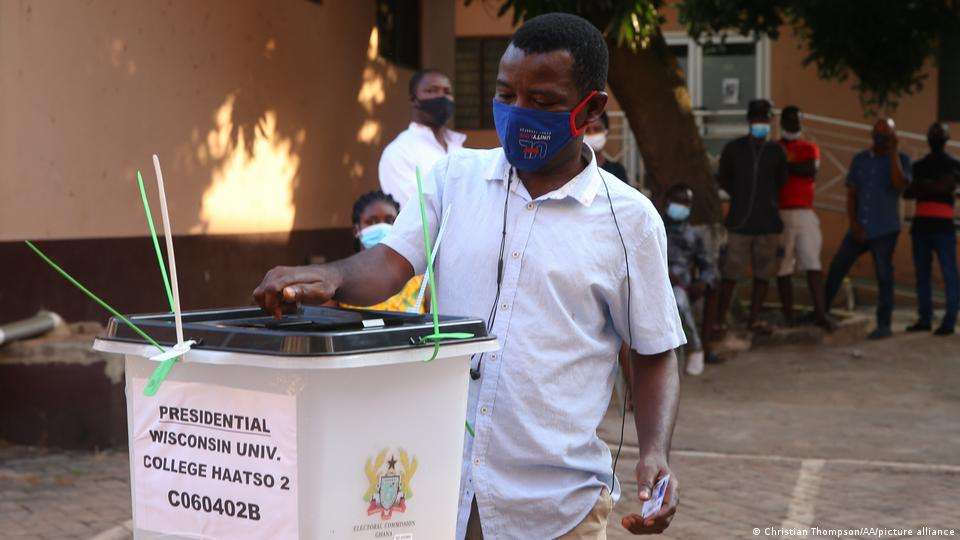
Ghana’s political framework, which includes sub-national party executives stationed at every polling station, provides an important channel for grassroots perspectives to shape leadership decisions.
This structure ensures that, through effective consultation at the base, the choices made genuinely reflect the collective will and aspirations of party supporters.
“By-elections ensure that constituents retain their right to choose their representatives and that competition — a defining element of democracy — remains alive.
“The important thing is to ensure that we have very credible by-elections, so that the will of the people in the affected constituencies will be held. It’s about democracy. The game in town, in our case here, is elections. Let the people make their choices.”
Dr. George Asekere
READ ALSO: Badenoch Suggests Migrant Camps As Hotel Alternative

